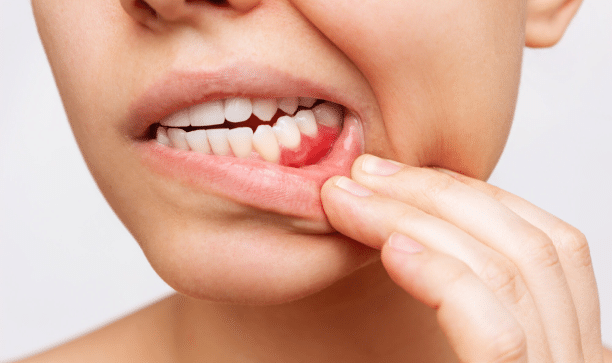
At PeakView Cosmetic & Implant Dentistry, we work diligently to prevent gum disease in our patients. Gum disease is a common condition and most adults will suffer from some form of gum disease during their lifetime. The challenge is that gum disease can lead to bone and tooth loss, making it incredibly important to both prevent and treat it. If you live in Boulder or the surrounding area, we can examine you and let you know if you are showing any signs of the condition, along with making recommendations for how to prevent it.
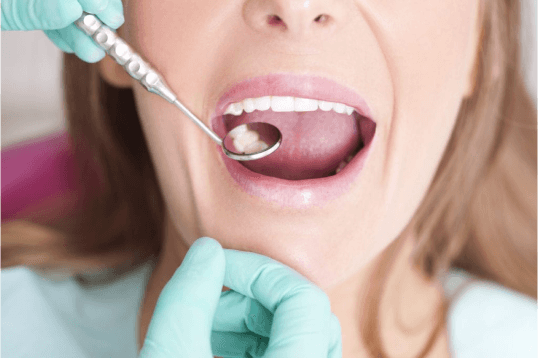
There are several reasons that gum disease develops. The primary causes are plaque and tartar. Anything that becomes stuck between your teeth, gums or under the gum tissue, can cause irritation and swelling. Plaque is a problem that everyone deals with; however, it is the buildup under the gums that really causes issues. There are other risk factors to consider like pregnancy, diabetes, and smoking, since they restrict blood flow to the gums, causing them to swell.
We recommend doing what you can to prevent gum disease so you do not experience discomfort or additional health problems. One of the best ways to prevent this condition is to keep your teeth clean. At PeakView Cosmetic & Implant Dentistry, we encourage our Boulder patients to brush their teeth two to three times a day and to do so in a circular pattern, moving food particles and plaque away from the gums toward the center of the mouth. You also need to floss on a daily basis, and be sure to reach all the way down, rather than stopping at your gum line. Using an antiseptic mouthwash can also help kill lingering bacteria.
You also need to have your teeth cleaned at least twice per year. It is difficult to remove all of the plaque at home, and tartar is too hard to remove by brushing and flossing. We can remove both plaque and tartar in our dental office and reduce your risk of gum disease. Simultaneously, we recommend that you stop smoking, keep your blood sugar under control, and drink plenty of water, since this can also help improve your gum health.
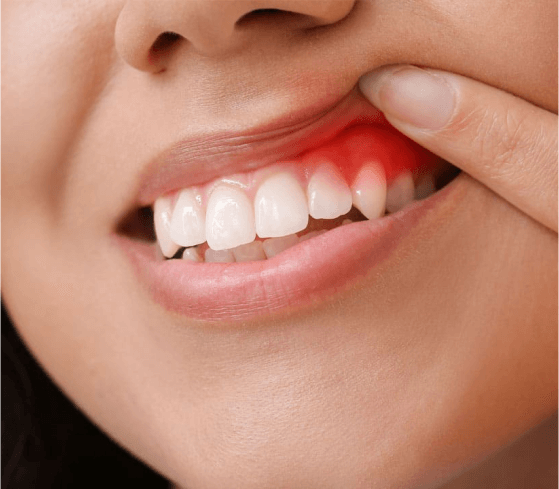
Some of the most common signs of gum disease are:
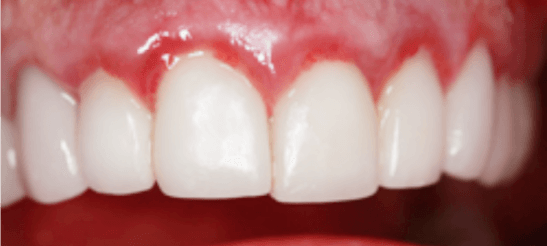
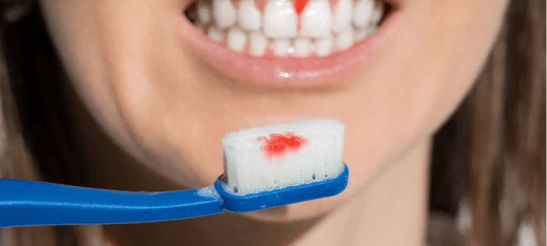
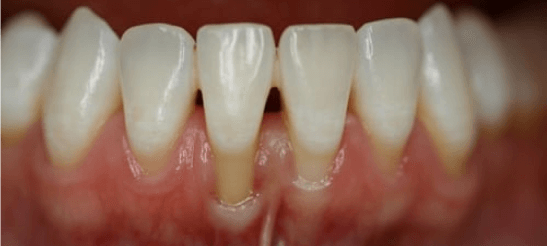
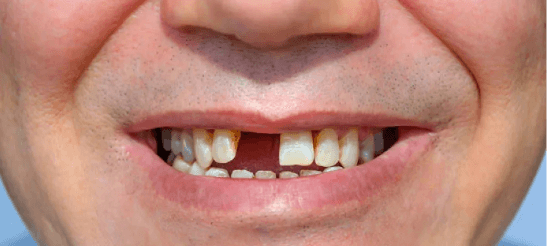
There are several ways to treat gum disease, and what we recommend will be based on how far the condition has progressed. To start, we typically recommend that our patients have a standard teeth cleaning. If you are only at the beginning stages of the condition, that is likely all you will need to return your gums to good health. However, if the condition has progressed further, you may need a dentist to provide you with the following:
This is a therapy where chemicals are used to slow the growth of gum disease. In this case, your dentist may prescribe the use of an antiseptic mouth rinse, designed to reduce or fight gum disease. Used daily, it can work to kill bacteria.
A deep cleaning is typically conducted in four appointments. Your mouth is broken up into quadrants, with each area being cleaned on a different day. In a deep cleaning, the gums need to be pulled away from the teeth so a dentist can scrape off the plaque and tartar underneath the gum tissue. Naturally, this procedure can cause discomfort, which is why it is completed over multiple visits. However, some dentists use lasers, which can expedite the process.
If your gums have receded and too much of your teeth or roots are showing, a gum graft may be necessary to restore the gum tissue back around the teeth. This can be done by suturing tissue from the roof of your mouth to your gums or using tissue from a donor. In both cases, the gums will be secured back around your teeth, like they were prior to you developing gum disease.
Very often, your Boulder dentist will prescribe antibiotics to be taken in combination with gum therapy. This is done to eliminate any infection that could be lingering.
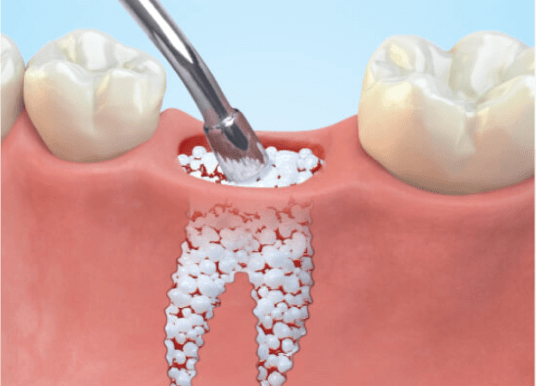
Severe gum disease can drastically and negatively impact your oral health. As gum disease progresses, your gums will swell and then begin to recede or pull away from your tooth structure. This is problematic because the more of your teeth and roots that are exposed, the more likely it is that bacteria will begin to attack them. Simultaneously, your jawbone can also be negatively impacted and begin to lose its density.
If you do suffer from bone loss, you may need a bone grafting procedure. During a bone graft, we place synthetic bone in the area where you experienced loss to encourage bone growth. This can be a necessary procedure when you have experienced enough bone loss to negatively impact the health and stability of your other teeth or the appearance of your face. Whether or not this is necessary is highly dependent on what your X-rays show. However, if you identify signs of gum disease and treat it early, you are likely to prevent the need for this procedure.

Discover the passion and commitment that drives our dental team

Dr. Adam Kwiatkowski, a graduate of the University of Illinois at Chicago College of Dentistry, has received multiple awards for his outstanding achievements in cosmetic and implant dentistry. He is a recipient of the International Congress of Oral Implantologists’ Pre-doctoral Student Achievement Award and a member of the Omicron Kappa Upsilon National Dental Honor Society.

Dr. Hearne, originally from Las Vegas, was inspired to become a dentist at the age of 12 by a close family friend who was a renowned dentist. With a foundation in customer service and excellence from his early career in the hotel industry, Dr. Hearne was further inspired to become a compassionate caregiver for his patients after the passing of his younger brother to cystic fibrosis at the age of 7.

I was born in Ogden, Utah and always knew I wanted to pursue a career in healthcare. After serving an LDS mission in South Africa and getting married, I studied biology at Weber State University and attended the prestigious Creighton University School of Dentistry in Omaha, Nebraska. There, I received multiple awards for clinical excellence before settling down in St. George with my family.

Tuesdays by appointment only